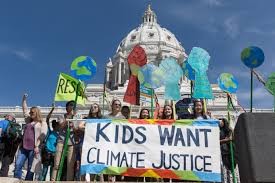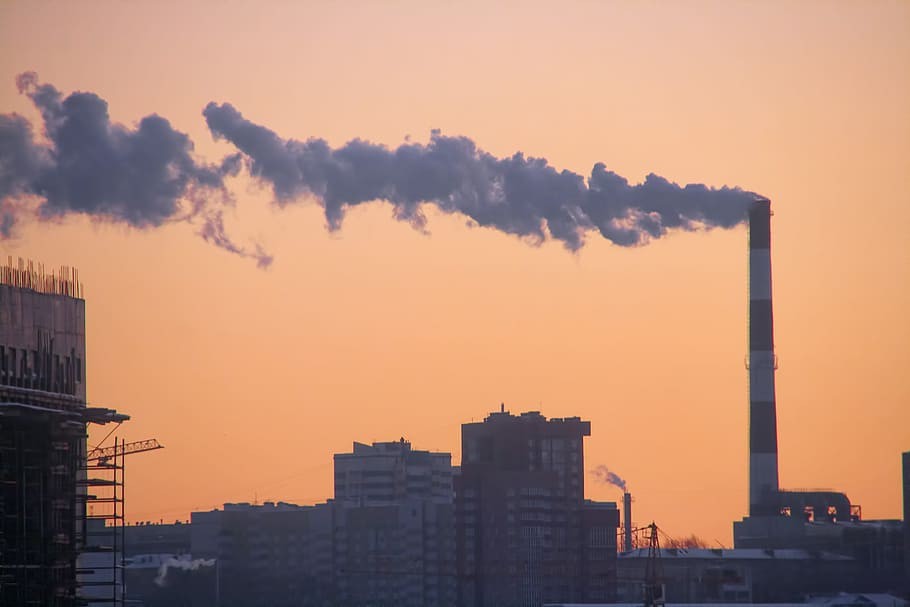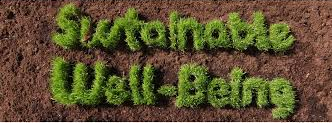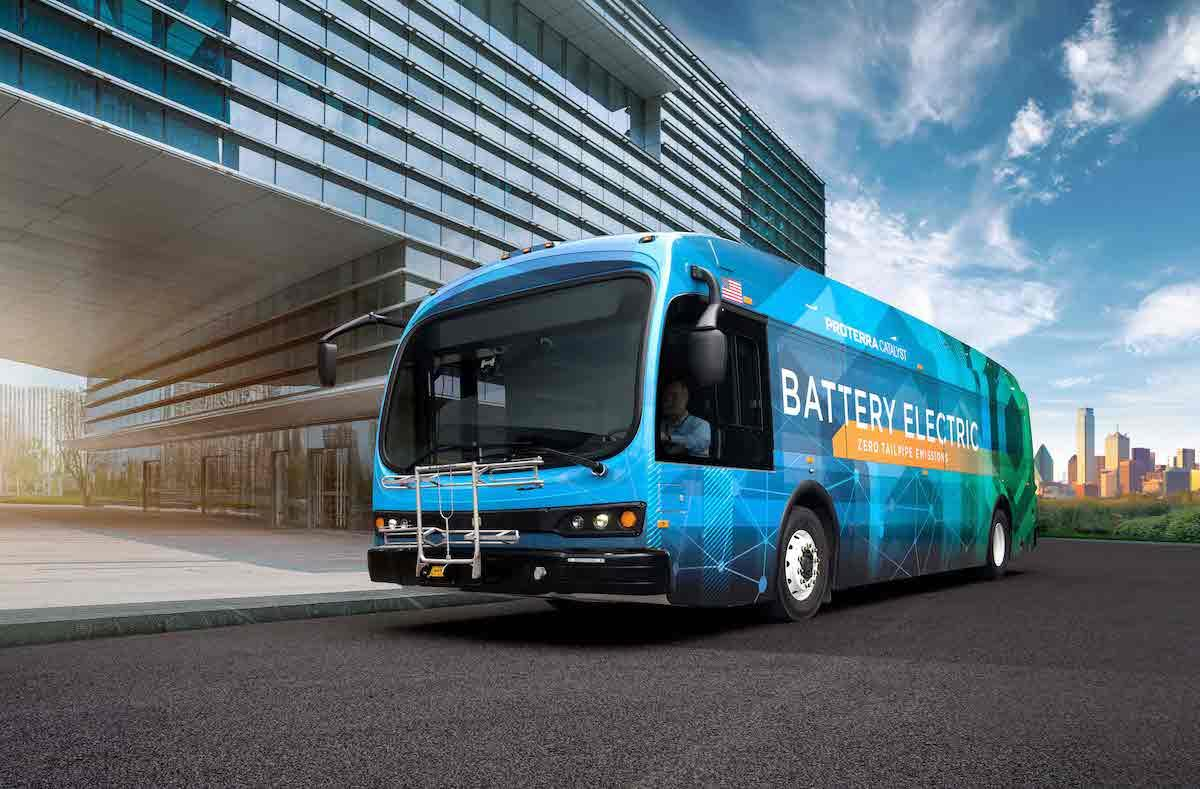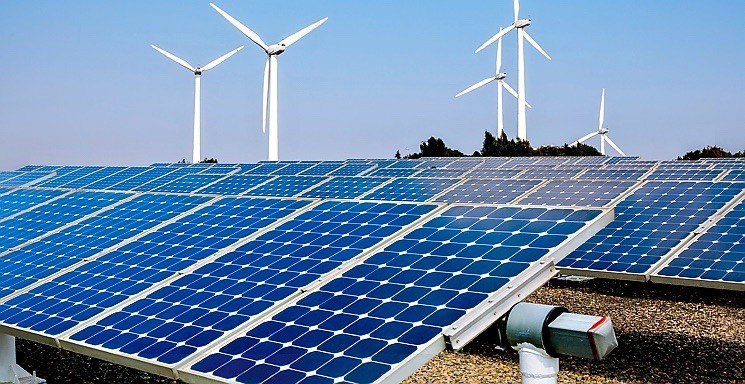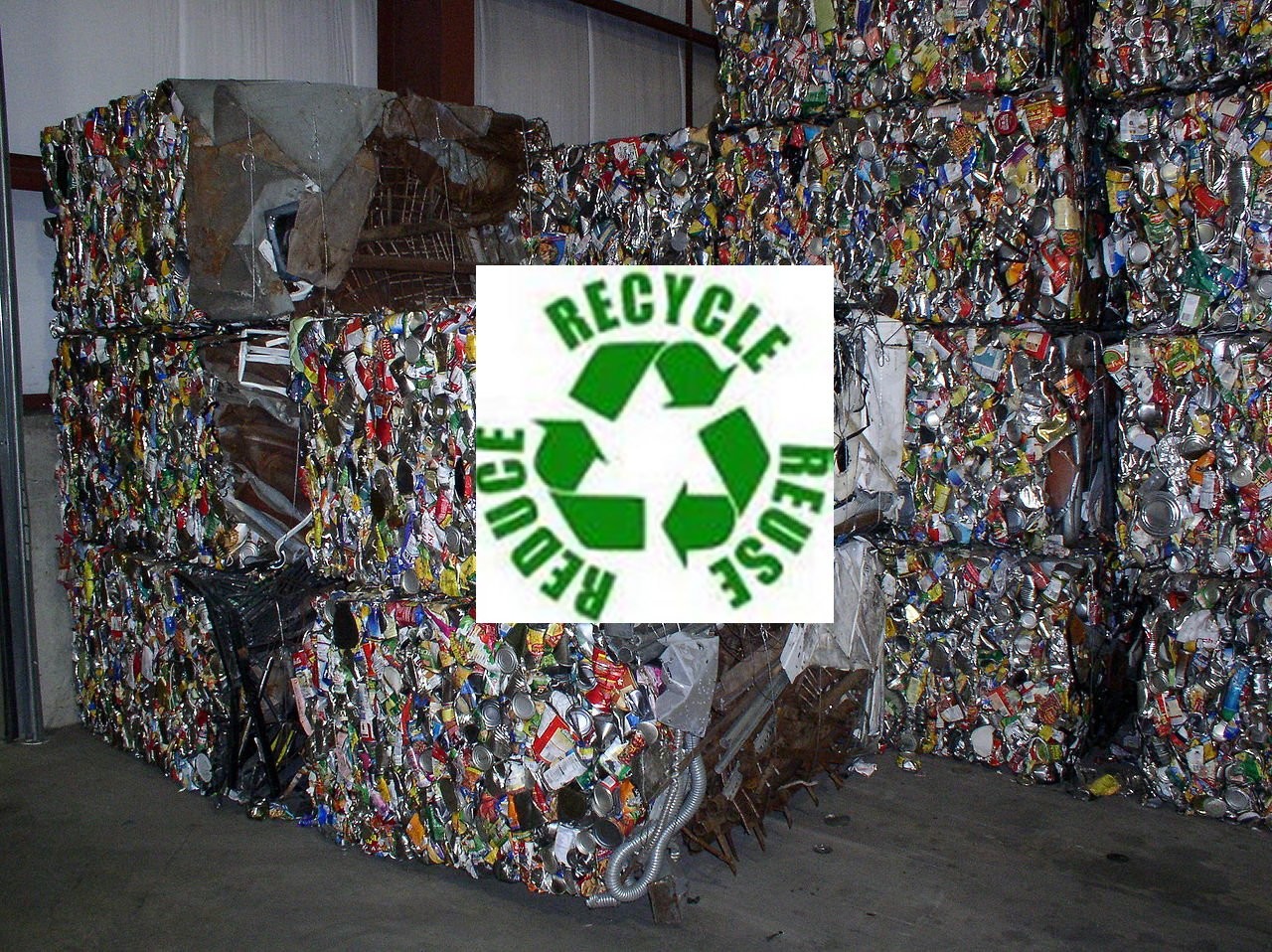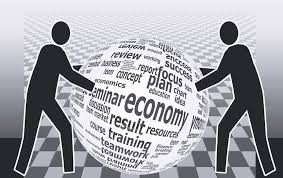Willpower
Political: Sustainability requires long term vision and a wide range of trans-disciplinary solutions, certainly over and above the typical designated political term of office. Therein lies the problem. We need to ensure heads of state are in it for the long haul, for the well-being of society as a whole and not just for the short-run. Four years is rather trivial when you consider it took mother earth 4.5billion years to get here.
Personal: This year has seen rather frustrated masses of people worldwide, including kids, speaking up and saying that enough is enough. From Extinction Rebellion who are encouraging individuals to sue their governments for failing to act on the climate crisis, through to youngsters like Greta Thunberg, nominated for the Peace Prize, means that activism is alive and well. Changing regulatory requirements will not be easy, but surely necessary if we are to make the transition to a thrivable future.
Emissions
Greenhouse gases: Climate change is a well-developed and understood science. We need to ratchet up our efforts here. Implement solutions at speed, scale, and scope far greater than ever before. A few suggestions below include switching away from land-hungry and methane-producing beef and migrating towards renewable energy sources. A number of more aggressive and radical approaches were covered in my carbon sequestration story.
Pollution: I am sure you are not surprised to see this here. From bushfires in capital cities of Australia to smog in places like India and Beijing. Pollution comes from more than just fires. For example, paints and wood treatments ought to be natural with no substances harming the ozone layer and without solvents or any other chemical products. What are you doing to make your home, office or school a green building.
Household and Well-being
Plant-based diet: We are what we eat – no surprise. We do not necessarily have to go all outright vegan but consider reducing the intake of beef and dairy. On the flip-side consider increasing the intake of plant-based food sources such as legumes, soy, nuts, and fruits. Remember what your mom used to say: eat your veggies! Here is more on sustainable veganism and composting, which if you haven’t started yet, is a great idea. For a healthier and sustainable lifestyle, cut out most meat, switch to protein alternatives like soy, and start a veggie patch. Teach the kids what it means and why it is important. Great for science lessons for all ages.
Produce and water: Whilst we produce an abundance of food, we as a society waste one third during the production, transportation, storage, preparation and wait for it, consumption process. The net result is that 870 million people go hungry every day, at the expense of this wastage. Thus, when it comes to fresh produce, aim to buy locally, thereby cutting down transport costs and emissions whilst improving freshness by reducing the need to refrigerate. In developed countries, tap water is suitable for drinking and should not be wasted.
Transport
Public transport: Catch the bus, ferry or train wherever possible. Reduce your carbon footprint by using mass transit. Walk or cycle, if applicable, which is also a boon to your health. The fresh air shall do you good unless you are in places like India.
Electric transport: We are on the cusp of moving from innovators to early adopters. Pending infrastructure rollouts by way of recharging stations and implementation of affordable household battery storage solutions, this segment is set to take off with newer low-cost and lower-form-factor technology just on the horizon. A number of respectable brands have publicly stated they will no longer make petroleum-based motor vehicles come 2025 or 2030.
Energy
Renewables: Solar power together with wind, geothermal, wave and hydroelectric in some areas will become the predominant source of energy. As indicated above, we will switch to electric transportation, equipment, and tools wherever possible as technology advances. Households and businesses will become self-sufficient, off-grid.
Battery technology: In order for the above to really take off requires leaps in battery storage technology. This will also help us reduce power wastage. Earlier this year we took a look at what has been happening behind the scenes with TESLA.
Nuclear power: Some fear it, some like it. The fact is that nuclear energy does not produce greenhouse gases and therefore is a very clean source of renewable energy. Whilst natural events can play havoc with reactors, there have been many advances in making nuclear reactors safer. There is even hope for a fusion reactor in the next decade.
Materials and Resources
Reduce, Reuse, Recycle: We already mentioned earlier about reducing food waste and composting. I see fruit and veggie markets starting to package the ‘not so good looking‘ in boxes for sale at a discount. This is a good thing, better than ending up in the scrap heap. This also holds true for materials, and products, especially wood, plastics, textiles, and shoes. Repair first before throwing it into the rubbish. For textiles and shoes, re-use or place them into the used marketplace or bring to the recyclers (sorry fashionistas). To this, I would add, reusing fillable water containers and plastic bags, turning off the tap when done, and installing stormwater tanks for the garden.
Building materials: The building trade consumes up to 50% of natural resources. In an effort to stop squandering scarce natural resources, there should be more use of sustainable materials with low environmental impacts such as wood and bamboo. Also, buildings ought to be informed by the science of sustainable architecture and thus be more efficient, offering better insulation and thermal qualities.
Overfishing and deforestation: Humans already are driving fishing and forestry to unsustainable limits. In an earlier article back in August this year I highlighted how our abuse of the Amazon rainforest – the lungs of mother earth – has become unsustainable. Similarly, there are problems with overfishing, given that a third of the world’s population relies on fish for their daily protein. Our family owns a wholesale seafood distribution business, and our team at THRIVE has been working together with other institutions on a project to quantitatively measure the sustainability performance of enterprises involved in this trade worldwide.
Education
Spread the message: Last but not least, we need to change the behaviour, from curtailing plastics in the ocean to encouraging less is best; we need to educate, engender and foster a thrive mentality. We need to provide tools for activating the transition towards the greater common purpose and away from the financially driven approaches to date as exemplified by corruption.
Collaboration: As enterprises transition to sustainability, we too as individuals need to also embrace more sustainable practices and partake for example in the sharing economy whether ridesharing, room sharing or dog sharing, there are plenty of under-utilized resources out there.
Fair share: We can all do our fair share, for this is how we change the world for the better, one person at a time, one business at a time. We need to go beyond “business as usual”, and just simply catching up, to transform capitalism altogether for a thrivable future where sustainability matters.
Sustainability means different things to different people, however, overall, you may gather by now, that I have little sympathy for the people with the personal jet and rows of sports cars, accumulating wealth and waste, and making little effort to raise the standard of living in developing worlds. They may think they are cool, but in fact, they are only stealing and depleting vital resources from their neighbour and the next generation. I would ask them to spend a week in sub-Saharan Africa, or in a squatters village in South East Asia, to truly appreciate the injustice brought on by their so-called ‘riches‘. Thus, fellow-citizens – scientists, workers, retirees or students – it is time we wake up to ourselves and get on with the task that lies ahead before it is too late.
Is the well-being of people and planet important to you?
Discover how THRIVE Platform can help you contribute to a prosperous future for all of humanity.


